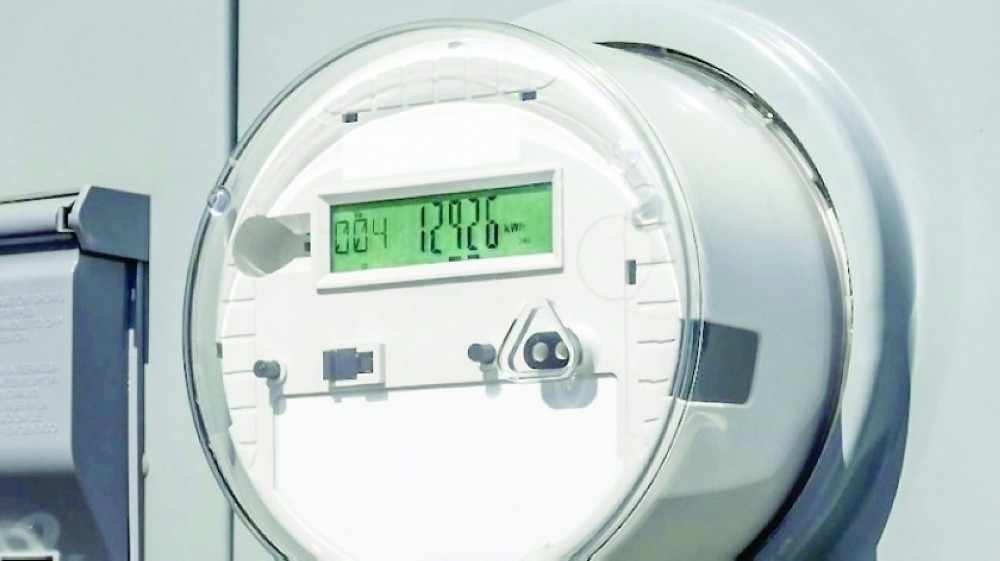With A Decarbonized Future Bearing Down, Refineries Look At The Nitty-Gritty Of The Transition
- Date: 18-Feb-2021
- Source: Forbes
- Sector:Oil & Gas
- Country:Middle East
With A Decarbonized Future Bearing Down, Refineries Look At The Nitty-Gritty Of The Transition
Emily Pickrell, UH Energy Scholar
As the Biden administration makes good on its promises to heat up the conversation on climate change, owners of refineries and chemical plants are zeroing in on ways to cut their use of carbon-emitting fuels.
Refineries and other industrial plants are widely recognized as significant contributors to carbon emissions: industrial processes accounted for 27% of all carbon emissions in 2019, according to data from the U.S. Environmental Protection Agency.
The challenge is that industrial processes require massive amounts of energy for the transformative processes that make gasoline or cement. Many of these processes require really high temperatures - sometimes 1000 degrees or more; and heating is responsible for more than half of carbon emissions. The remaining emissions mostly come from the electricity required to run motors and other equipment, and from carbon dioxide produced as a byproduct in in some of the processes.
There are several reasons oil refining and chemical companies in the US are thinking hard about their carbon footprint.
The first is the growing acknowledgement by the vast majority of the public that climate change exists and is a result of human behavior.
An added incentive is the very real possibility that carbon pricing might be adopted by























